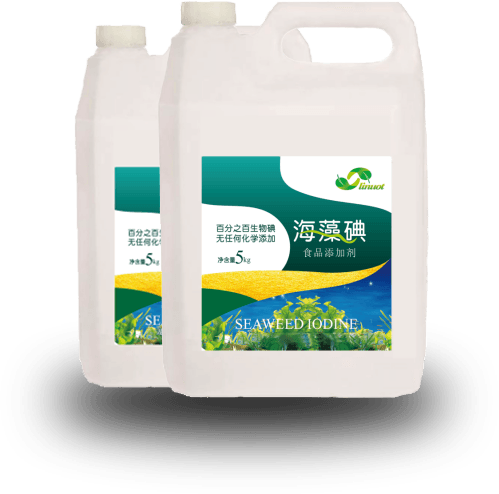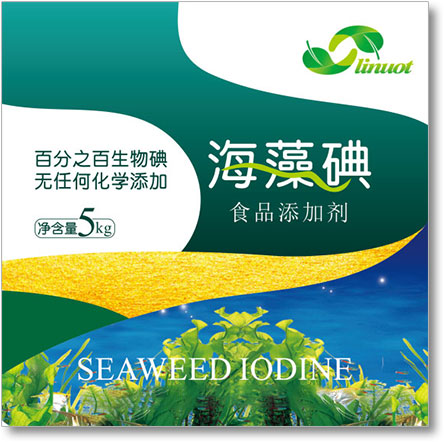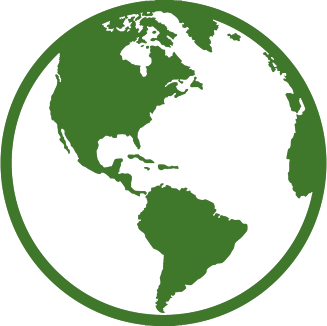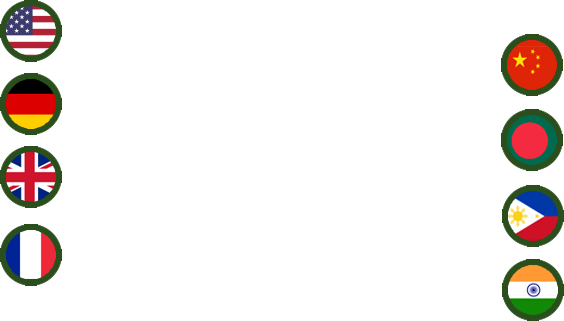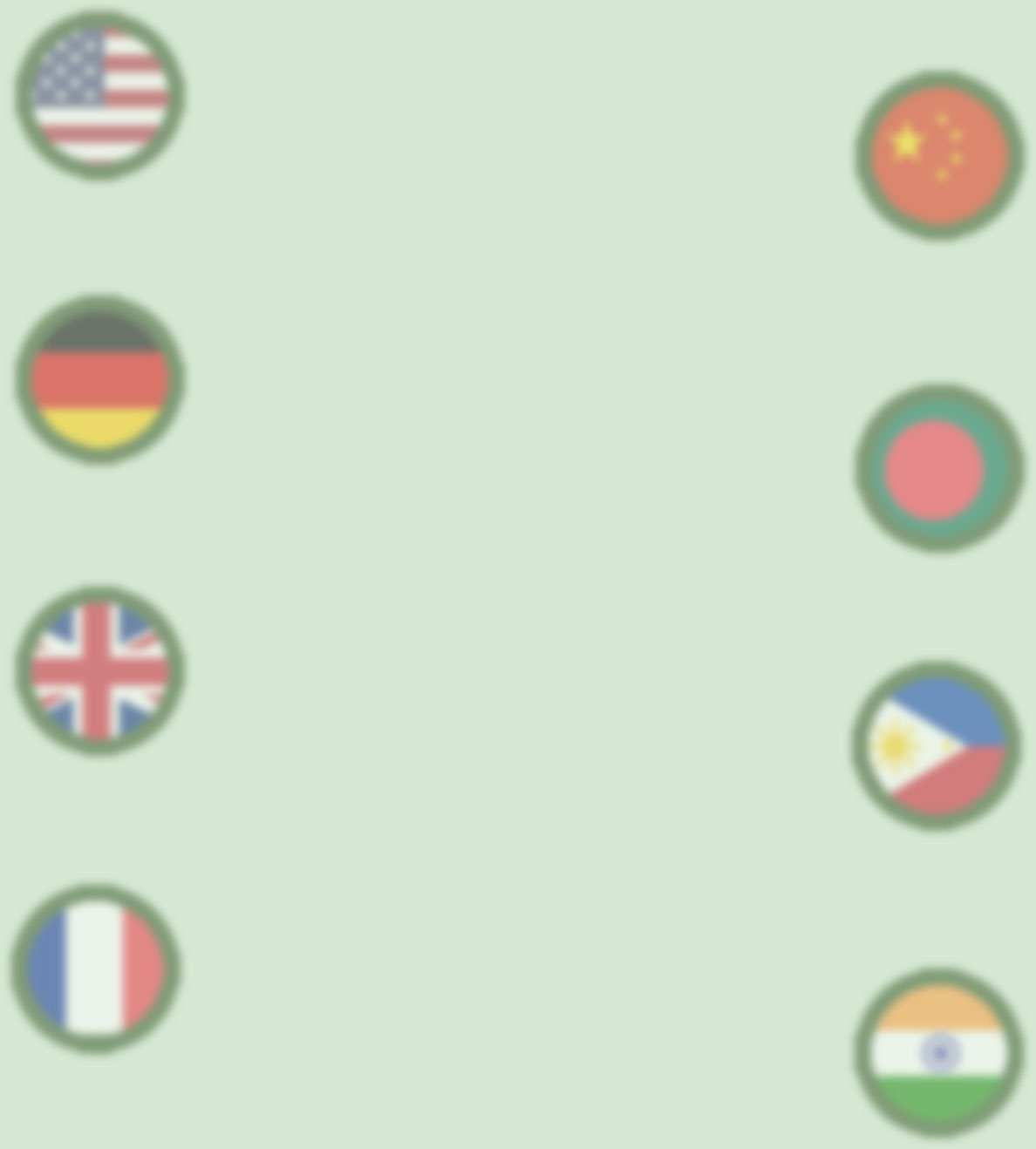All Categories
- Surgical & Diagnostic Instruments
Surgical Instruments
Basic Surgical Instrument Neuro-Surgical Instrument Micro-Surgical Instrument Cardio-thoracic Surgical Instrument Orthopedic Surgical Instrument Urinary Anorectal Surgical Instrument Abdominal Surgical Instrument Beauty Instrument Surgical Endoscopy Vascular Surgical Instrument Gynecological Surgical Instrument - Hospital & Clinical Equipment
Monitoring Equipment
Electro-cardiac Monitor Central Monitoring System Anesthesia Monitor Brain Monitor Fetal Monitor Neuro-surgical Monitor Haemodynamics Monitor Domestic ECG Monitor Fetal Umbilical Artery Flow Monitor Remote Electronic Fetal Monitoring Network Oxygen Inhalation Monitor Defibrillator Monitor Maternal & Child Monitor Patient MonitorPhysical Therapy & Rehabilitation Equipment
Hyperbaric Therapeutic Machine Electrotherapy Equipment Spectral Radiance Therapy Equipment Electric Field Therapy Equipment Physical Rehabilitation Therapy Equipment Biofeedback Apparatus Dermatology Equipment Magnetic Faradization Apparatus Opthalmic Rehabilitation Therapy Equipment Orthopedics & ImmobilizationVisual Information System
Medical Imaging EquipmentNuclear Medicine Imaging EquipmentUltrasound ImagingOral Cavity Imaging EquipmentX-Ray SystemLaser ImagingSurgical & First Aid Equipment
Gynecological EquipmentObstetrics & Neonatal EquipmentAnesthesia EquipmentFirst Aid EquipmentInfusion & AuxiliaryOphthalmic EquipmentENT EquipmentUrinary Anorectal Surgical EquipmentOther Sugical Units - Disposable Medical Consumables & PPE
- Dental Instruments & Orthodontic Devices
- Elderly Care & Home Medical Devices
- Telemedicine Solutions & AI-powered Healthcare
- Medical Accessories & Hospital Consumables
- Pharmaceutical Formulations & Drug R&D
- Active Pharmaceutical Ingredients (API)
- Intermediates
- Extracts
- Chinese Medicines
- Excipients
- Healthcare Products & Food Additives
- Veterinary
- Pharmaceutical Machinery
- Packaging Machinery
- Packaging Materials



